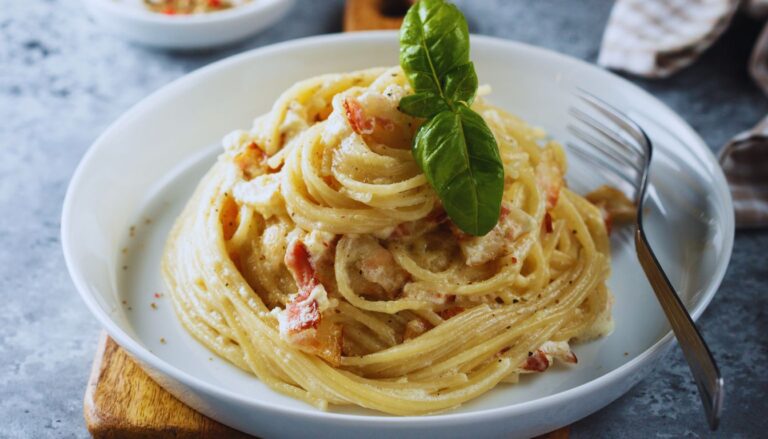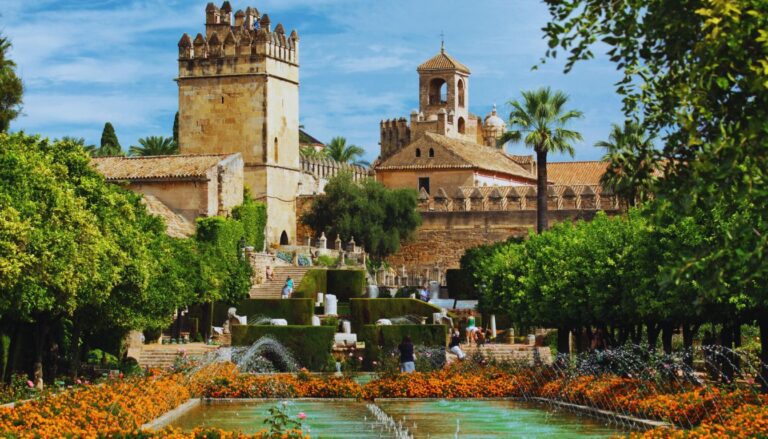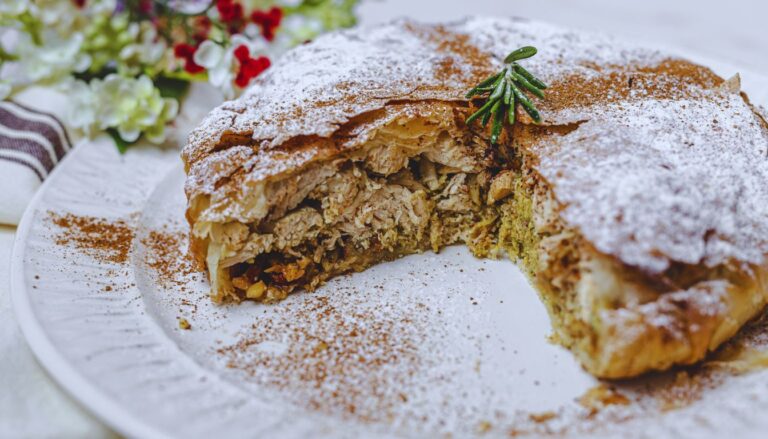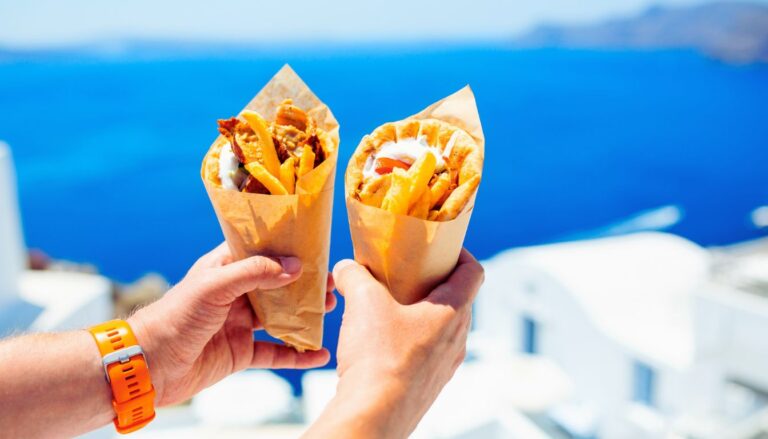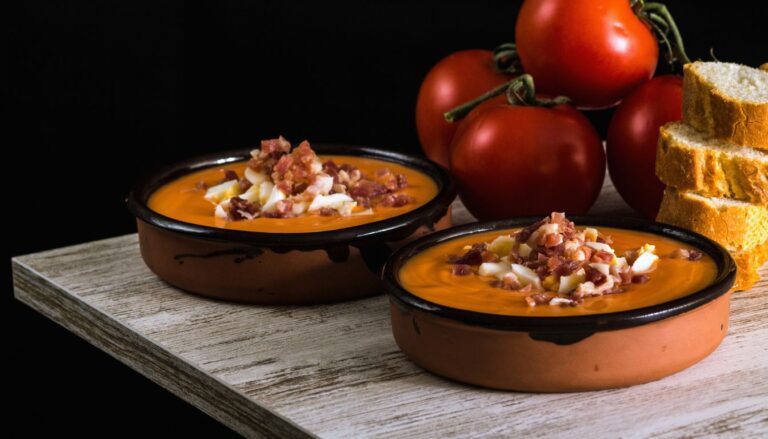Espinacas con Garbanzos, Seville Spain
In the enchanting streets of Seville, where orange trees line ancient cobblestones and Moorish architecture tells tales of centuries past, Espinacas con Garbanzos (Spinach with Chickpeas) stands as a beloved testament to the city’s diverse culinary heritage. This humble yet sophisticated tapas dish embodies the fusion of Islamic, Jewish, and Christian influences that have shaped Andalusian cuisine. As locals gather in bustling tapas bars and traditional taverns, this nutritious and flavorful creation continues to capture hearts with its perfect balance of earthy flavors and rich history.
Table of Contents
Origins and History
The roots of Espinacas con Garbanzos stretch back to medieval Seville, during the time when the city flourished under the influence of three distinct cultures. The Moors, who ruled the region for centuries, introduced both spinach and chickpeas to the Iberian Peninsula, along with the aromatic spices that give this dish its distinctive character. Jewish communities further developed the recipe, incorporating it into their vegetarian cuisine.
The dish survived the Spanish Inquisition, eventually becoming a staple of Seville’s Cuaresma (Lent) menu, when Catholics sought satisfying meat-free alternatives. This historical convergence of cultures created a dish that perfectly represents Seville’s rich multicultural past and its enduring influence on modern Spanish cuisine.
Cultural Significance
Espinacas con Garbanzos holds a special place in Sevillian culture:
- Represents the city’s multicultural heritage
- Embodies the principles of Mediterranean diet
- Features prominently in Lenten traditions
- Symbolizes Seville’s commitment to preserving historical recipes
- Demonstrates the evolution of tapas culture
- Serves as a bridge between ancient and modern cuisine
Ingredients and Preparation
The authenticity of Espinacas con Garbanzos lies in its carefully selected ingredients and traditional preparation methods:
Essential Ingredients:
- Fresh spinach leaves
- Dried chickpeas
- Extra virgin olive oil
- Bread for thickening
- Cumin
- Sweet paprika
- Garlic
- Sherry vinegar
Traditional Preparation Steps:
- Soaking chickpeas overnight
- Cooking chickpeas until tender
- Wilting fresh spinach
- Creating a bread and spice paste
- Combining ingredients with aromatic spices
- Slow cooking to develop flavors
- Achieving the perfect thick consistency
Where to Try It
Notable Establishments:
- El Rinconcillo: Seville’s oldest tapas bar, dating from 1670
- Casa Morales: Known for traditional preparations
- Bar Alfalfa: Authentic neighborhood experience
- Bodega Santa Cruz: Popular with locals
Neighborhood Recommendations:
- Santa Cruz for historic atmosphere
- Macarena for authentic local venues
- Triana for traditional family-run establishments
- Alameda for modern interpretations
Eating Etiquette and Customs
Understanding Sevillian tapas culture enhances the dining experience:
- Traditionally served as a tapa or media ración
- Often enjoyed standing at the bar
- Best shared among friends
- Eaten with crusty bread
- Typically served hot or warm
- Part of the social tapas-hopping experience
- Usually ordered alongside other tapas
Seasonal Considerations
While available year-round, the dish takes on seasonal significance:
- Winter: Peak season for fresh local spinach
- Spring: Featured during Semana Santa celebrations
- Lenten Season: Particularly popular as a meat-free option
- Autumn: Enjoyed during harvest festivals
Modern Interpretations
Contemporary chefs respect tradition while adding subtle innovations:
- Crispy chickpea garnishes
- Smoky paprika variations
- Different leafy green substitutions
- Creative serving presentations
- Addition of roasted garlic
- Fusion tapas variations
- Temperature and texture plays
Practical Information and Travel Tips
Essential guidance for enjoying Espinacas con Garbanzos in Seville:
- Best times to visit tapas bars: 1:30-4:00 PM and 8:30-11:00 PM
- Average price: €3-6 per tapa
- Look for establishments full of locals
- Learn basic Spanish phrases for ordering
- Visit during off-peak hours for better service
- Consider food tours for historical context
- Check if reservations are needed
- Ask about daily preparation times
Making Your Sevillian Tapas Journey Memorable
Embrace the full tapas experience by exploring different barrios, engaging with local chefs, and learning about the historical significance of this beloved dish. Take time to appreciate how Espinacas con Garbanzos represents Seville’s fascinating cultural mosaic. Remember that in Seville, each plate tells a story of cultural fusion, tradition, and the warmth of Andalusian hospitality.


